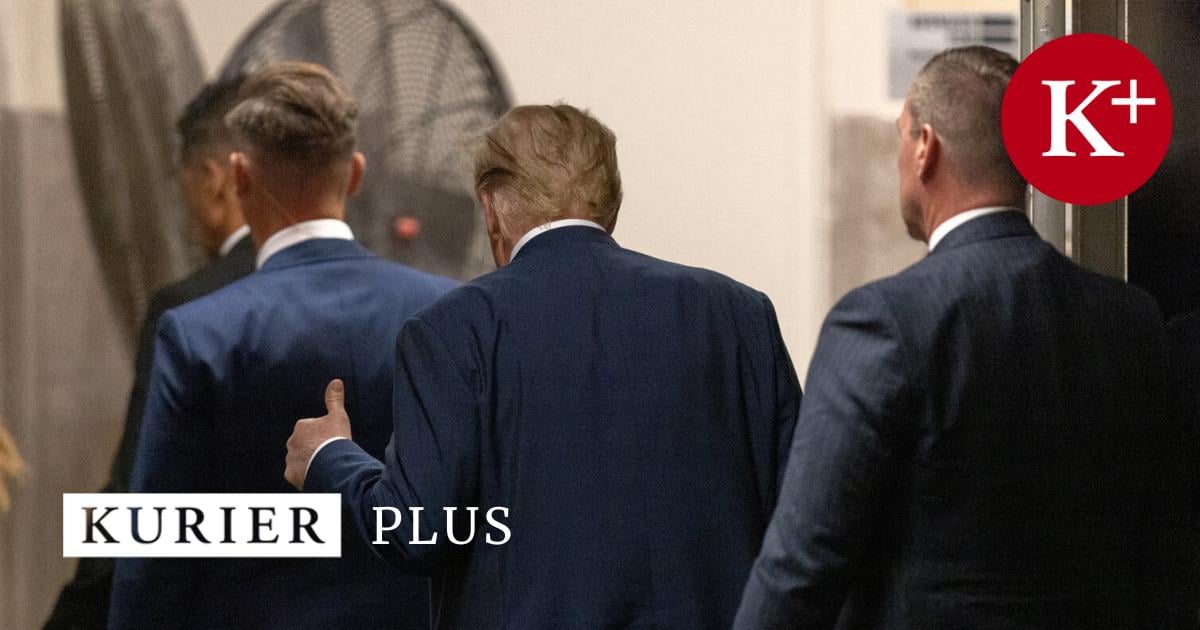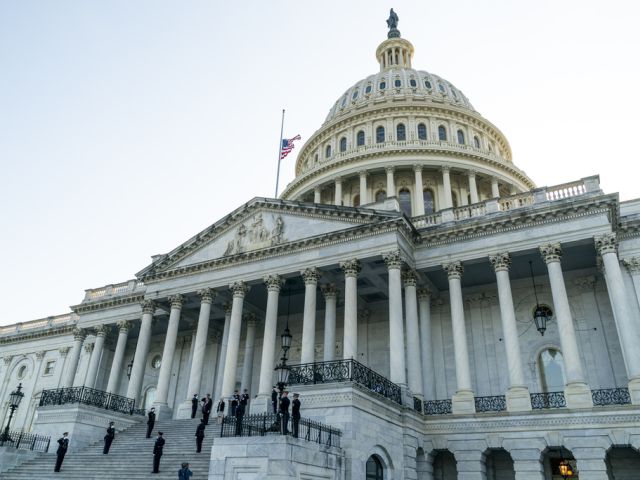Recent projections that show a right-wing advance in the European Parliament elections have sparked discussions in Brazil regarding a possible international repercussion on the 2026 electoral scenario in the country. Former president Jair Bolsonaro celebrated the result on social media, claiming that the USA and Brazil will be the next countries to join the right-wing movement. However, analysts point out that there are major differences between the European and Brazilian right-wing on issues related to customs and protectionism.
The European right leans towards liberalism and focuses more on economic and foreign relations issues rather than religious or conservative values. While Bolsonaro sees the European right’s victory as a rejection of left and progressive values, it is important to note that their agenda is more aligned with economic concerns such as immigration policies. The recent resolution passed in the European Parliament to include abortion as a right further highlights these differences in values and priorities between two political contexts.
Despite these disparities, some Brazilian politicians believe that there are common agendas between the European and Brazilian right. Federal deputy Bia Kicis argues that both sides share concerns about issues such as immigration, family values, and gender ideology. However, the presence of protectionism in Europe could pose challenges for Brazil in terms of international trade and cooperation.
In terms of political science, this shift towards the right in Europe serves as a symbolic gesture for Brazil’s own growing far-right movement, normalizing organized groups and parties with conservative ideologies. This trend reflects a broader fatigue towards progressive currents in several countries around the world, which may impact Brazil’s foreign relations and trade agreements moving forward. The rise of protectionist policies in Europe could complicate efforts to reduce customs barriers between EU members and Mercosur (the Southern Common Market).
Overall, while there are challenges ahead due to differing agendas between Europe and Brazil on customs issues


